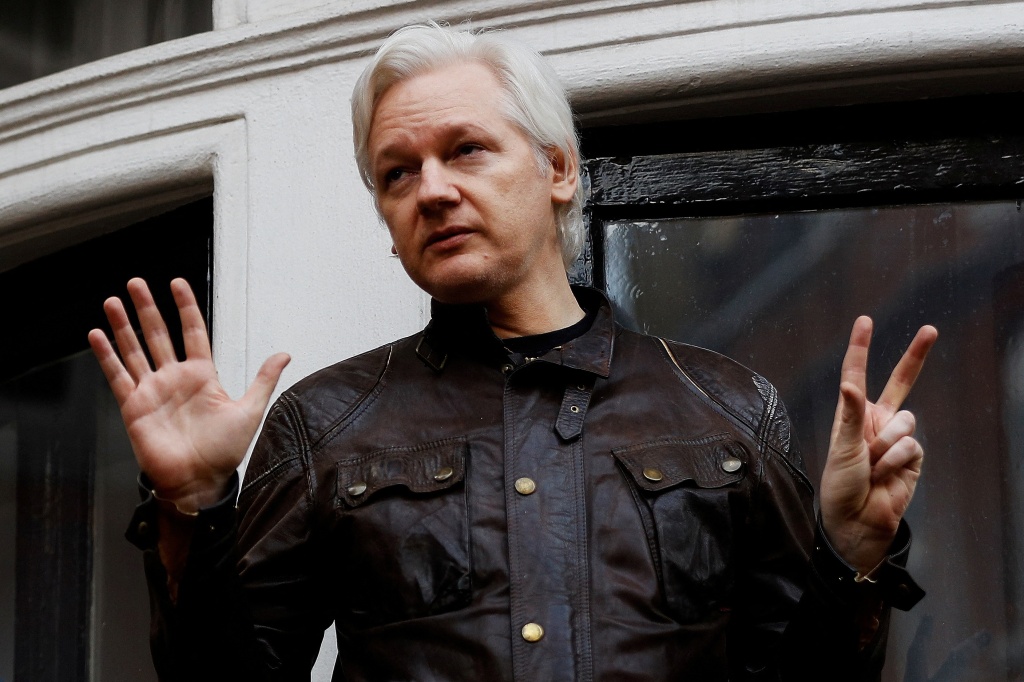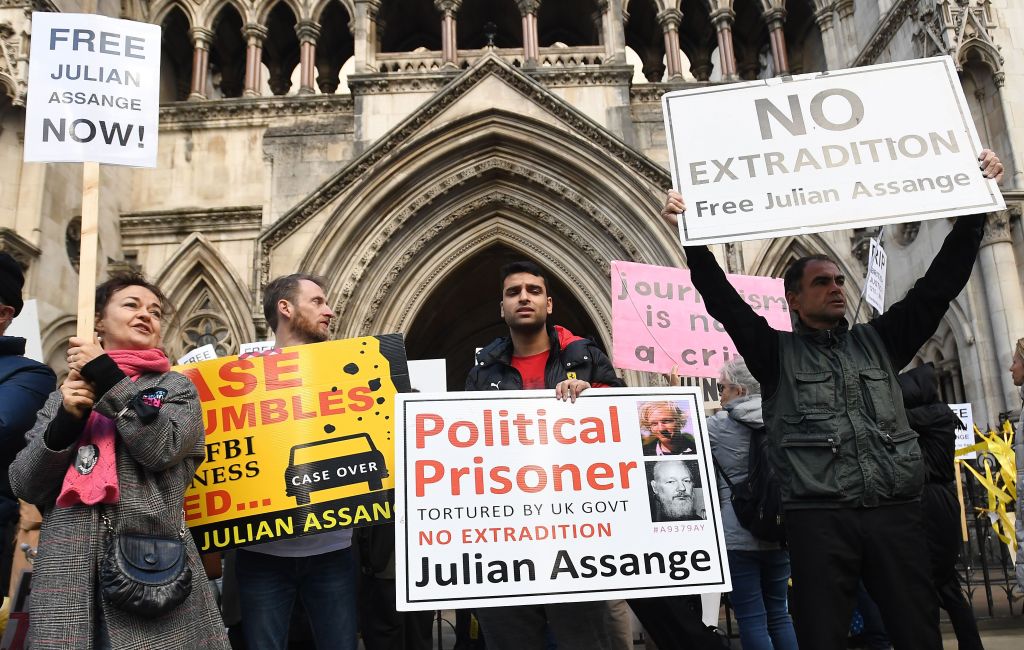Australian lawmakers meet US envoy to seek release of Julian Assange
A cross-party delegation of Australian lawmakers said on Tuesday they had met US Ambassador Caroline Kennedy urging her to help drop the pending extradition case against WikiLeaks’ founder Julian Assange and allow him to return to Australia.
The “Bring Julian Assange Home Parliamentary Group” said it had informed the US envoy of “the widespread concern in Australia” about the continued detention of Assange.
“There are a range of views about Assange in the Australian community and the members of the Parliamentary Group reflect that diversity of views. But what is not in dispute in the Group is that Mr Assange is being treated unjustly,” the lawmakers said in a statement after meeting Kennedy in Canberra.
Assange, an Australian citizen, is battling extradition from Britain to the United States where he is wanted on criminal charges over the release of confidential US military records and diplomatic cables in 2010.
Washington says the release of the documents had put lives in danger.
Assange’s supporters say he is an anti-establishment hero who has been victimized because he exposed US wrongdoing, including in conflicts in Afghanistan and Iraq.
The US embassy in Australia confirmed the meeting in a tweet but did not share further details.
Assange’s brother, Gabriel Shipton, told Reuters he felt the meeting was an “important acknowledgement” by the US government that “Julian’s freedom is important to millions of Australians”.

“After (Prime Minister Anthony Albanese) expressed frustration with the Biden administration, this is now a test for Ambassador Kennedy to see if she can move Washington on this issue,” he said.
Albanese, who has been advocating for the release of Assange, last week aired his frustration for not yet finding a diplomatic fix over the issue.
Support for Assange among US policy makers remains low.

Only a few members of Congress have come forward in support of the demand to drop charges against him.
If extradited, Assange faces a sentence of up to 175 years in a maximum security prison.
Read the full article Here


